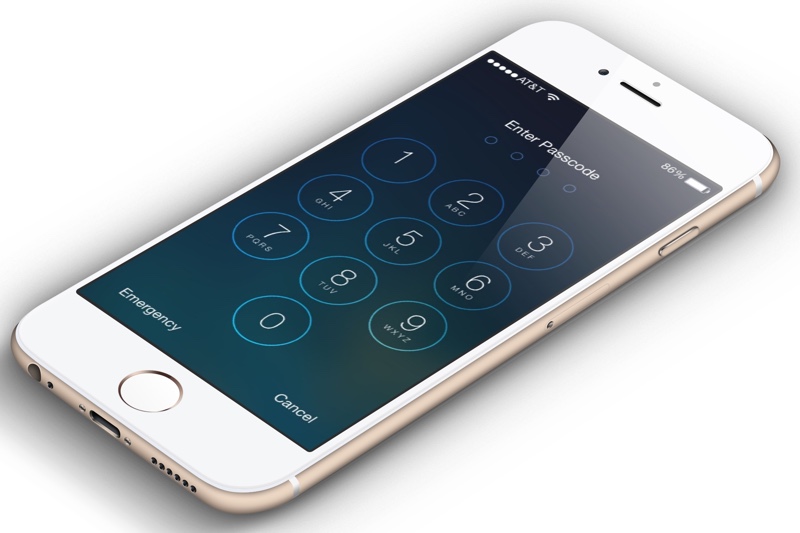The Indiana Supreme court has ruled that a suspect cannot be forced to use her passcode to unlock her iPhone. The court rejected a legal argument known as ‘foregone conclusion.’
9to5Mac reports The Electronic Frontier Foundation (EFF) filed a brief in support of the suspect, which lays out the somewhat absurd argument made by the police:
Courts in compelled decryption cases have struggled with Fisher v. United States, a 1976 U.S. Supreme Court case that introduced the concept of a “foregone conclusion.” Fisher involved a subpoena for an individual’s tax documents, where the government could demonstrate that it already knew all of the information it would otherwise learn from a response to the subpoena. In other words, it was a “foregone conclusion” that the specific documents the government sought existed, were authentic, and belonged to the individual.
Although the Supreme Court has never again relied on this foregone conclusion rationale, the government has built it into a full-blown “doctrine.” State and federal prosecutors have invoked it in nearly every forced decryption case to date. In Seo, the State argued that all that compelling the defendant to unlock her phone would reveal is that she knows her own passcode, which would be a foregone conclusion once it “has proven that the phone belongs to her.”
The Indiana Supreme Court rejected the state’s argument that it could invoke the foregone conclusion rationale if it could show that the defendant knew her password. Instead, it held that the state was “fishing for incriminating evidence” without any knowledge of what was on her phone and that forcing her to unlock her phone under these circumstances would “sound the death knell for a constitutional protection against compelled self-incrimination in the digital age.”
Unfortunately, ruling in cases like these in different states have been inconsistent at best. while a Virginia court ruled in 2014 that phone passcodes are protected by the 5th Amendment (although fingerprints are not), a 2016 Florida court ruled that a suspect must reveal his passcode.
Similarly, inconsistent rulings have been handed down over Touch ID and Face ID. While several courts have ruled a fingerprint is the equivalent of a key to a safe, meaning police can use a suspect’s fingerprint to unlock their device. However, a California court recently ruled that a suspect cannot be forced to unlock their device using a fingerprint, even with a warrant.


